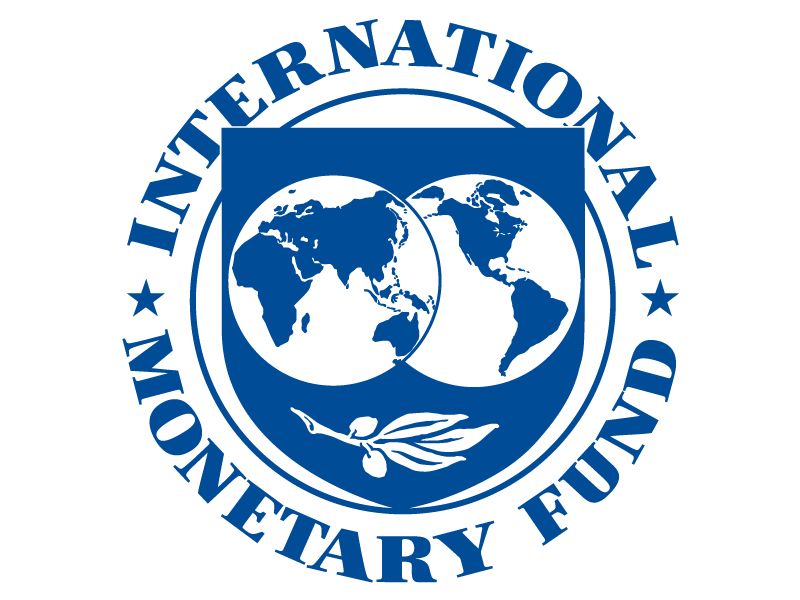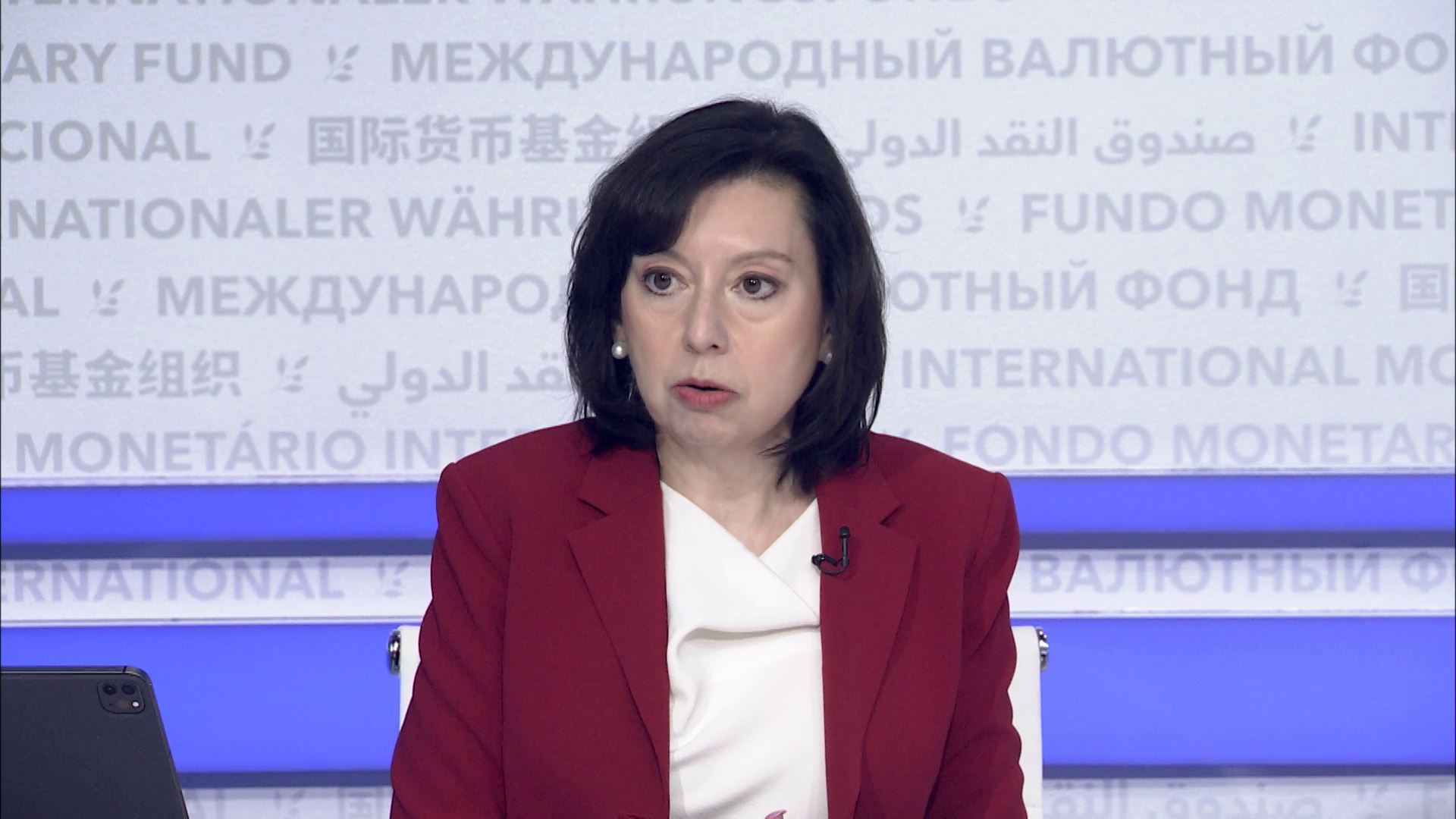The IMF is urging Ukraine to strengthen its commitment to anti-corruption measures as a keystone to its economy and reform measures, a spokesperson for the Fund said Thursday (July 24) in Washington, DC.
“From our perspective, Ukraine needs a robust anti-corruption architecture, and that will help level the playing field, improve the business climate, and attract private investment into Ukraine. And it's a central piece of, of Ukraine's, reform agenda. So, from our perspective, safeguarding the independence of anti-corruption institutions remains a critical policy priority. We do take note of the government's intention to introduce a new bill, to restore, the independence of anti-corruption institutions,” IMF Communications Director Julie Kozack told reporters.
Kozack also reported that in the coming weeks, IMF staff and the Ukrainian authorities are expected to intensify discussions on both Ukraine's 2026 budget and the overall assessment of Ukraine's financial needs for 2026 and the medium-term perspective, to build a comprehensive picture of where the country stands in its support program with the Fund.
The IMF praised Senegal for acting to engage reforms to strengthen its economy, while also working with the IMF to clarify and amend it’s debt position after it uncovered misreporting of how much the African country owed creditors, Kozack said citing comments by the Fund’s First Deputy Managing Director Gita Gopinath.
“Our FDMD Gopinath emphasized the IMF's continued support as Senegal works to resolve the misreporting matter. And, the President reaffirmed his government's strong commitment to transparency and reform. What I can also share is that, an IMF, staff team will visit Dakar. The mission is tentatively planned for later in August. The purpose of the mission is going to be to discuss the steps needed to bring the misreporting case, to our Executive Board. And we will also use the opportunity, the team will also use the opportunity to initiate discussions on the contours, of a new IMF supported program for Senegal. We're also working closely with the authorities to design, the corrective actions aimed at addressing the root causes of the misreporting and, of course, to strengthen, capacity development in Senegal.”
The IMF, a key financier for the debt-laden country, froze disbursements on its program with Senegal last year after an audit under new President Bassirou Diomaye Faye found the previous administration had understated deficits, pushing its end-2023 debt ratio to roughly 100% of GDP, versus the previously reported 74%.
Kozack also noted that following Japan’s ruling party’s loss of control of the upper house in recent days, that Japan should be cautious for plans to expand stimulus spending or cuts to consumption taxes.
“So in the near term, our advice to Japan is that given this limited fiscal space, it's essential that any response to shocks, any fiscal response to shocks is, both temporary and also, targeted. And by targeted, I mean targeted toward, vulnerable households and firms that may be most affected by, by shocks. Generalized subsidies and tax cuts in our view, should be avoided. And that's because they are not targeted to the most vulnerable. And they are not an efficient use of Japan's limited fiscal space,” said Kozack.
Finally, the IMF praised efforts by Ghana to shore up its fiscal positions as it unveiled its budget proposals Thursday.
“With respect to the budget, here I can say, that, the IMF has welcomed the government's corrective actions, including a strong 2025 budget and an audit of payables to quantify and address the pre-election fiscal slippages. The authorities have recently implemented changes to their public financial management and public procurement acts. And this helps improve the overall fiscal responsibility framework in Ghana. And the authorities have also adopted a strategy to address issues in the energy sector. I can add that the mid-year budget, review is fully in line with parameters and objectives of the IMF, supported program,” said Kozack.
A copy of the full transcript is available at IMF.org.

